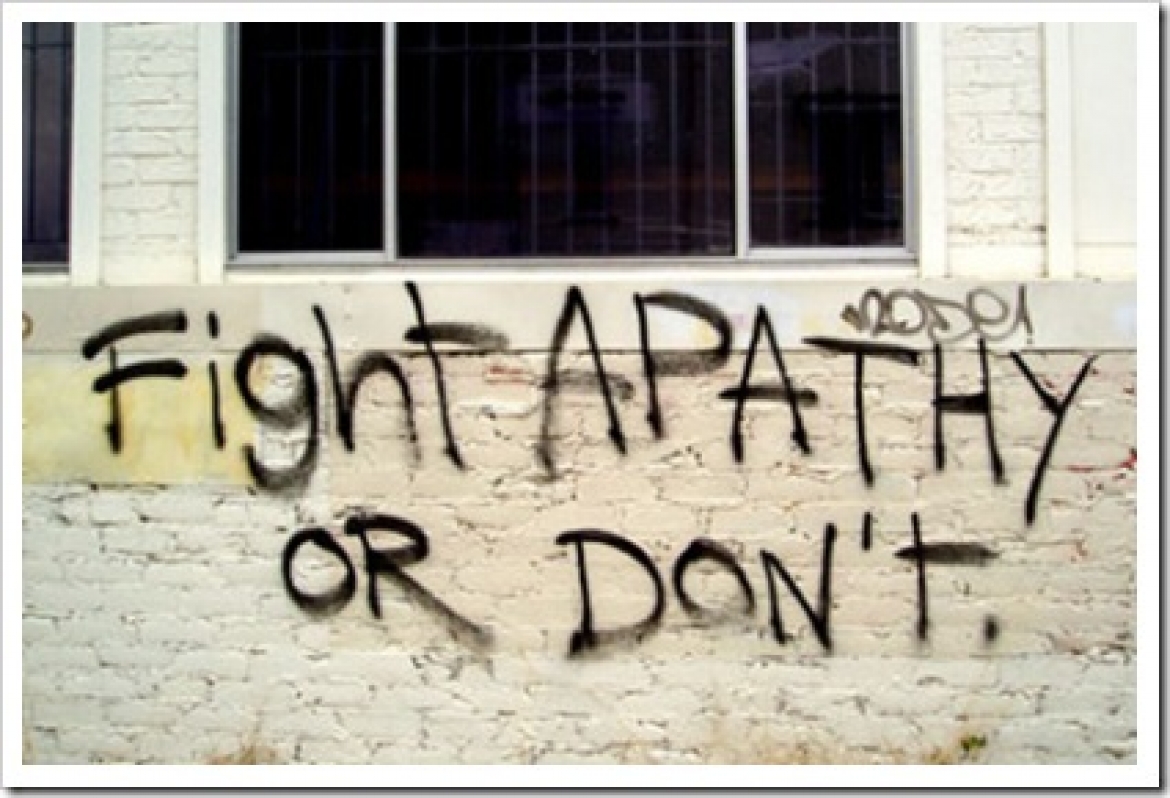The last few weeks have seen what can be considered the worst period in Lebanon’s post-war era. It seems as though all of the country’s institutions have broken down altogether; from electricity to security, few characteristics of what makes a land a country can be observed currently more than ever. What is causing this chaos? And how can it be solved?
Primarily, the majority of the Lebanese people have been silent over their basic rights since the first dawn cast its shadows on a sovereign land called Lebanon, as most protests are more politically-oriented demonstrations rather than right-based movements; giving Lebanon’s politicians and authority figures almost complete liberty in power abuse, embezzlement, fraud, and genuine apathy towards what the common Lebanese citizen dreams of: an actual habitat rather than a terrain; one which offers 24 hours of electricity, decent water supply, salaries that do not evaporate, safety, fast (or at least working) internet, rightly priced and well-working communication services, reasonably priced homes, affordable necessary commodities, the existence of an actual public transport service, roads that do not enforce dancing, an advanced educational system, a clean environment, adequate social services, proper healthcare, the rule of law and the absence of mayhem, equal chances for all citizens regardless of sect, connections, or social stature, along with the eradication of corruption and bribery in public and private sectors, etc.
In other words, every Lebanese national dreams of a government that shows him/her respect and gives him/her what are considered mere rights, which certainly explains an estimated 15 million people abroad are of Lebanese origin, including an enormous number of immigrants yet to be accurately tallied. It is enough for an average Lebanese citizen to look into the national budget (published on the ministry of finance’s website) and maybe compare it to the Israeli or Danish national budget to grasp the level of corruption feasting on this country’s institutions; moreover, the country’s authority figures have gone shameless and confident enough to hardly conceal this ailment, utterly disrespecting the intelligence of the populace.
This state of disregard has become visible through many scandals hitting the country periodically, from the disorder caused by the absence of the rule of law, to the disrespect of Lebanon’s archeological sites and environment and all what’s in between such as how a citizen is treated in a public establishment. Yet the Lebanese people’s prime maxim is “business as usual”, a wholly negative principle driven by fear from others and sectarian radicalism.
The Lebanese people are being lynched by their own fanaticism.
As for the people, well, they justify the state they now live in: protesting with more intensity about the Syrian revolution and regime than about basic issues such as electricity. However, the recent trend of “burn wheels to solve problems” has shown that when the Lebanese people protest spontaneously with no political arrangement, intention or affiliation, they can be quite effective in having their demands answered; despite the manner of protest being uncivil and the answers being momentary.
Now it looks as if the first thing to do when the power goes off is to light a wheel rather than a candle and force the power back rather than wait for its comeback; this form of protest will forever be considered defacement and it will not connect with the first person it should connect with: the sweating poor man in the old car on the blocked road, cursing those distressed wheel-burners instead of understanding their anger. However, this form of protest has shown an unprecedentedly common distaste at the authority figures regardless of their political parties, perhaps for the first time in Lebanon’s recent history, but not until this state of disgust is embodied in a form of far-reaching more civil protest will this country be taking what is perhaps its first constructive step forward. This type of protest can be as simple as electing independent candidates in the next parliamentary elections, creating a block of deputies who realize that they will not be re-elected unless they answer the peoples’ demands and attempt to recognize these rights (more commonly known as democracy and the rule of the people.)
Apparently, the Lebanese people will not unite in a peaceful mass movement that changes the current status quo, thus the proposal of electing independents is a more realistic and perhaps a more effective option, as the political gash currently splitting us into two camps is rendering the parliament quite ineffective and the people prone to clashes.
Each political union is gaining no more than 52% parliament members. Thus 5 independent parliament members (or 6% of the members) that care about their voters’ needs, and their political fate, are enough to regulate the parliaments delicate balance of influence into answering their (our) demands. One thing is for is certain, “business as usual” isn’t beneficial for us; our condition is deteriorating, if anything.
Finally, almost every single Lebanese citizen hums about this states’ situation; making this whining a cross-sect link, perhaps the only link, yet not until it evolves into a union of distraught voters will the country move on to a better state of affairs. There is a quiet voice inside every Lebanese’s head striving for an improved condition, nagging for change, so regardless of whatever you hold holy, let it shout!
-- Khaled Alameddine




Leave a comment!